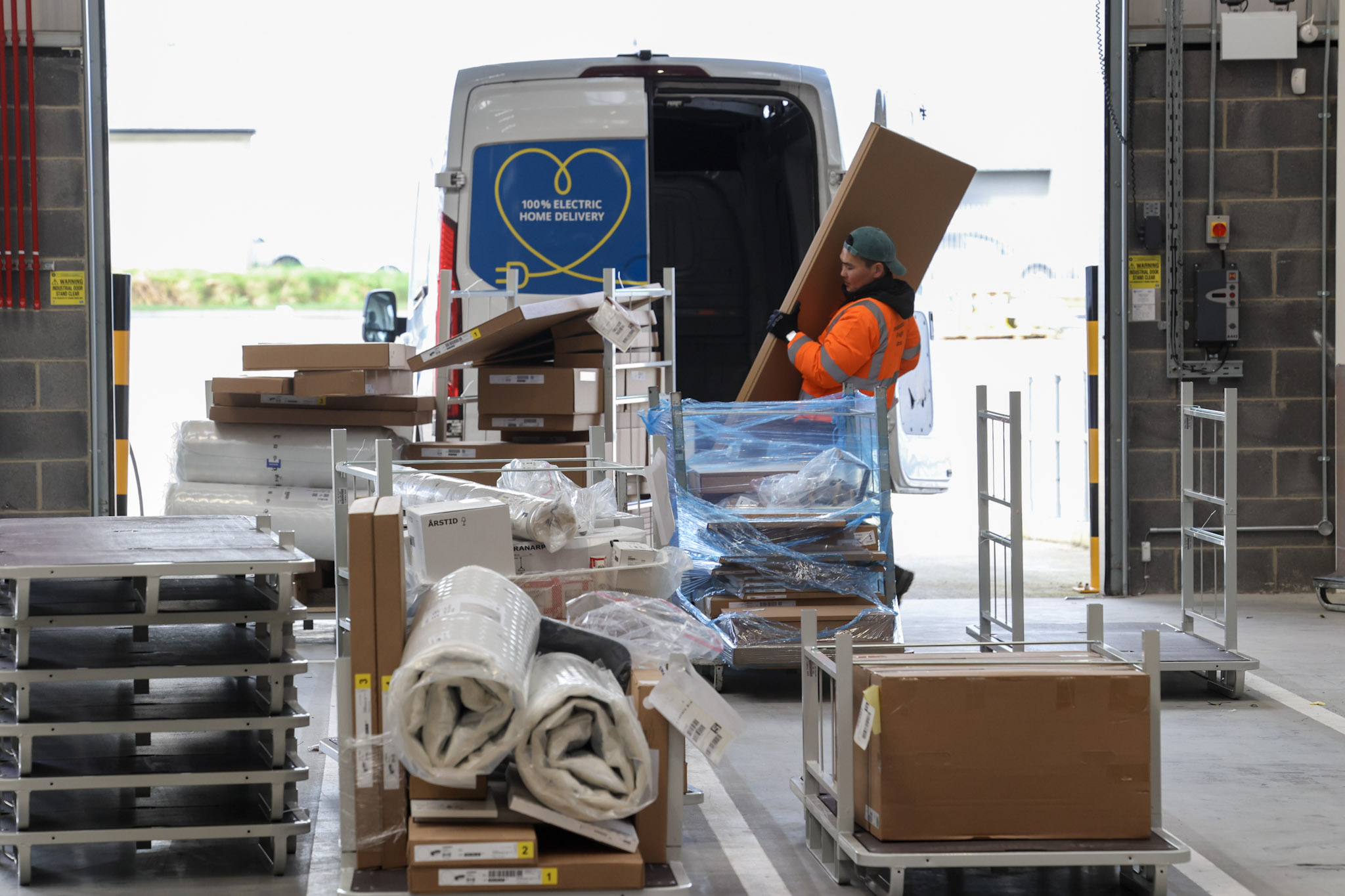Inadequate industry forecasts and unsustainable expectations were partly to blame for Black Friday delivery chaos, according to Yodel, which today announced that it successfully delivered 15.5 million parcels between 1 – 24 December, despite well-publicised setbacks.
Black Friday (28 November) resulted in Yodel’s busiest day, 1 December, when the parcel firm said it delivered more than 1.2 million packages across the UK. That was 40% more than its busiest day in December 2013.
Two weeks later, Yodel was suffering a self-imposed two-day collection moratorium after it found itself struggling with a backlog of deliveries. In a statement issued today, Yodel said it had “accepted more than 600,000 parcels over and above the forecasted levels agreed with retailers over the Black Friday weekend.”
Yodel went on to cite Christmas shopping predictions made by Experian and IMRG as falling short of the subsequent reality.
Despite being made “as late as 25 November” those predictions “underestimated the level of sales on Black Friday by 46 per cent when £810 million was spent online, exceeding original estimates of £555 million,” the parcel firm said.
Dick Stead, executive chairman of Yodel, said: “The Black Friday phenomenon, which overtook Cyber Monday as the peak online shopping day for the first time, has changed the Christmas peak model, possibly forever, as consumers are changing their online shopping habits, condensing them into a shorter time period.
“We’re reviewing our performance and will be working with our valued retail clients on next year’s Peak plan, setting out a new blueprint for Christmas operations going forward.”
Problems caused by sudden spikes in volume in December and the related drop in November as shoppers waited for bargains, were evident when M&S had to temporarily restrict next-day deliveries and in the collapse of City Link.
This has led some in the industry to call for changes to the existing mainstream retail logistics model, not least Yodel’s Stead. “We know there are many lessons to be learnt by the retail and carrier industries (from) Christmas 2015. The model of next day delivery as standard for all orders simply has to change when volumes unexpectedly increase to such an extent, in a capacity constrained business.
“We have seen that the majority of retailers are unable to accurately forecast future demand. The carrier industry cannot be expected to take all the risk, investing in building networks that are capable of handling unspecified peaks.
“Working together, we need to find a method of spreading volatile parcel volumes to match the industry capacity, while delivering a high quality service that meets everyone’s requirements. That may mean that 48 and 72 hour services become the standard during peak periods, and where required, next day deliveries are available for a premium,” he continued.
eDelivery says:
While issues around volumes and capacity can’t really be argued with, is Yodel really blaming IMRG and Experian for getting it wrong, or is there something else in evidence here – do these peak periods actually require a new approach from the retail logistics sector? (See Editor’s Column: 2015, all change please; 21 Jan)
Yodel occasionally comes in for a lot of flack from the public, which is undoubtedly related to its size. You can’t go unnoticed when you are as big as Yodel, and consequently you become a bit of a target. Wanting to lead a movement for change, for a healthier retail logistics ecosystem, is as laudable as it is understandable; better margins, better service, better relationships are all important.
Despite Yodel’s remarks that industry forecasts were too low, on the surface it sounds like the carrier did as much as it reasonably could to cope – hiring an additional 5,000 staff, putting over 700 additional vehicles on the road and procuring 13 extra sites.
Obviously, forecasting plays an important part of that. But was it retailers that got it wrong – did they under-estimate and over-promote, perhaps? Did carriers put too much faith in those forecasts?
What do you think are the issues that really matter here?









